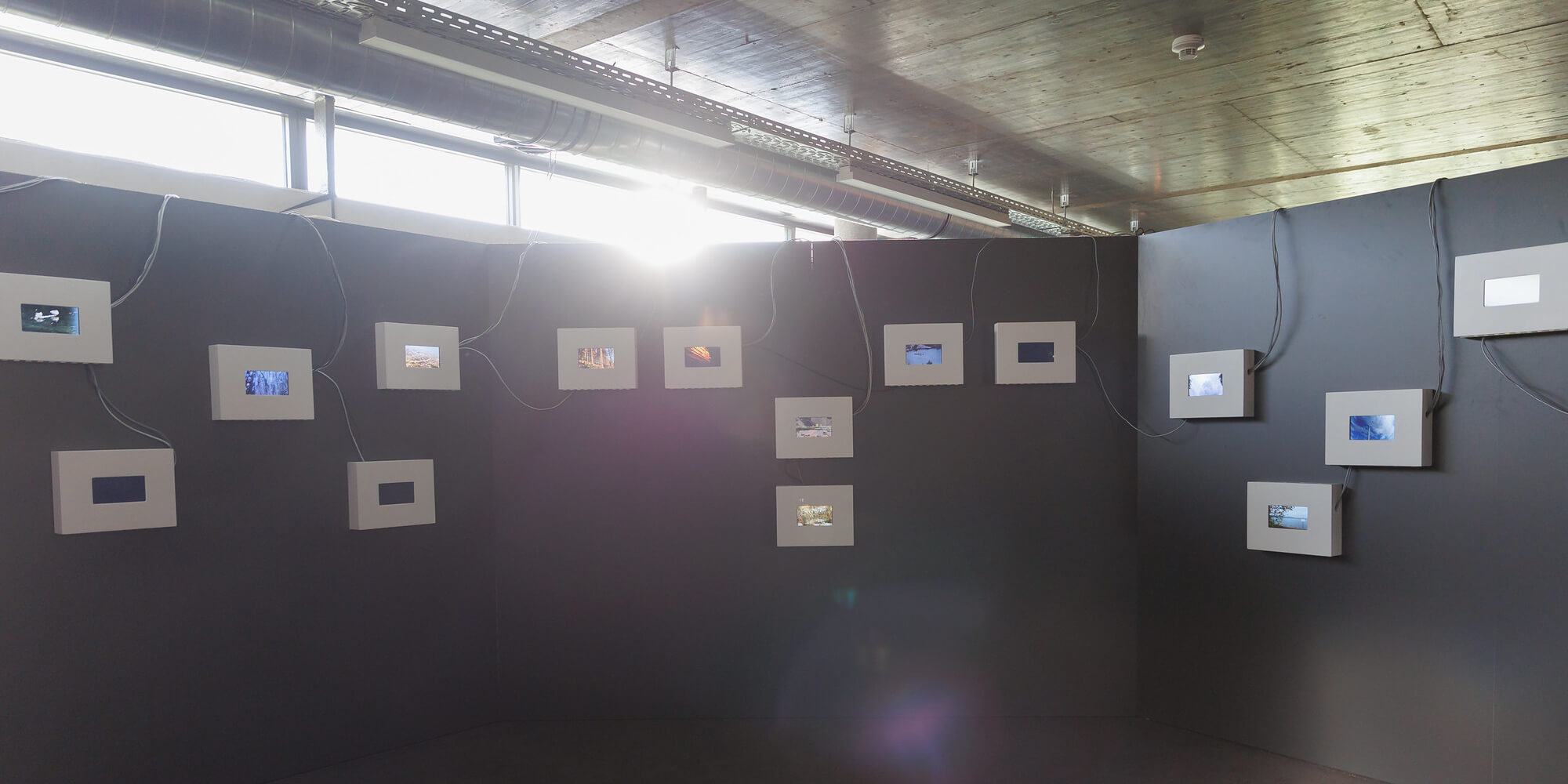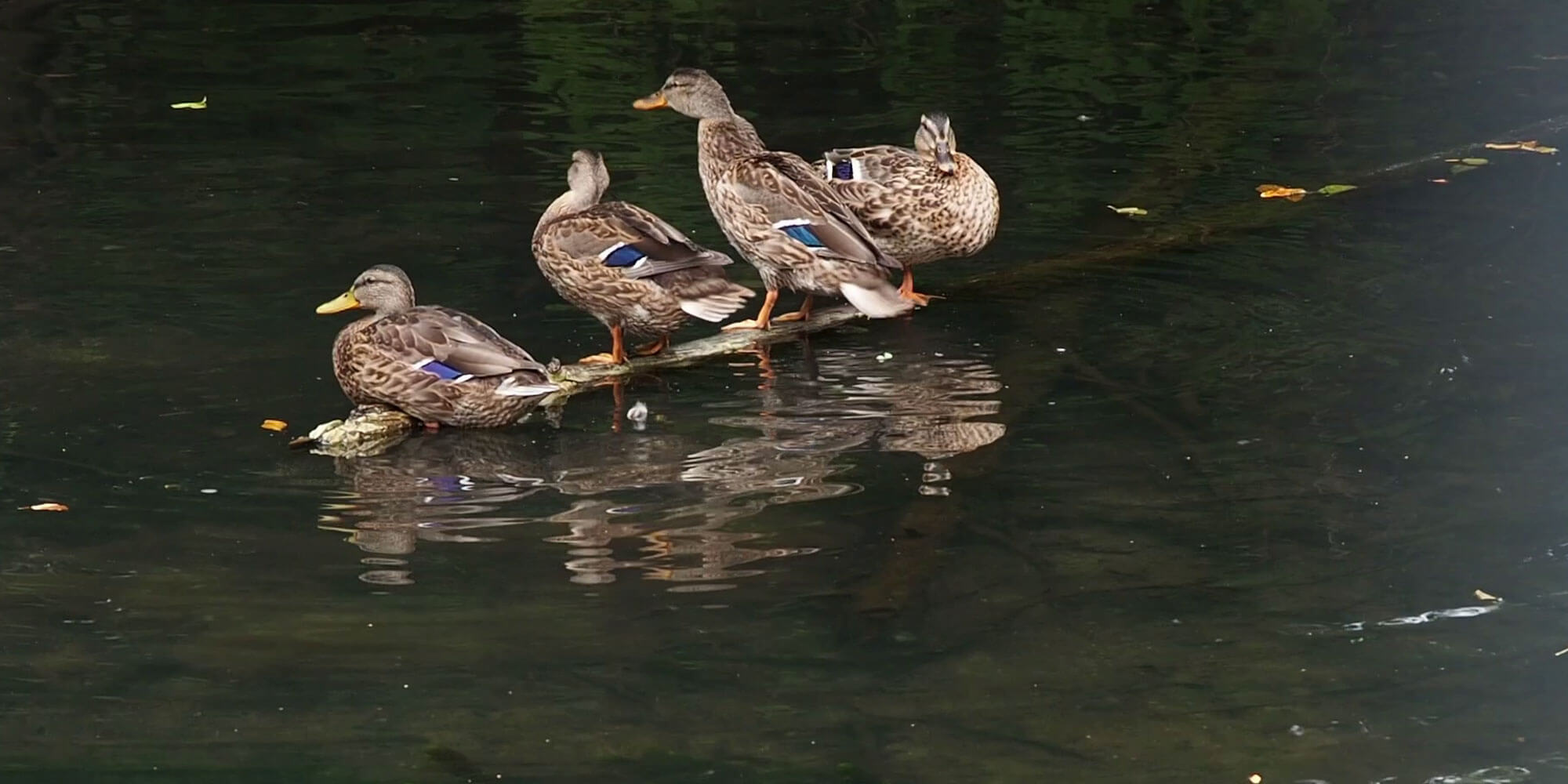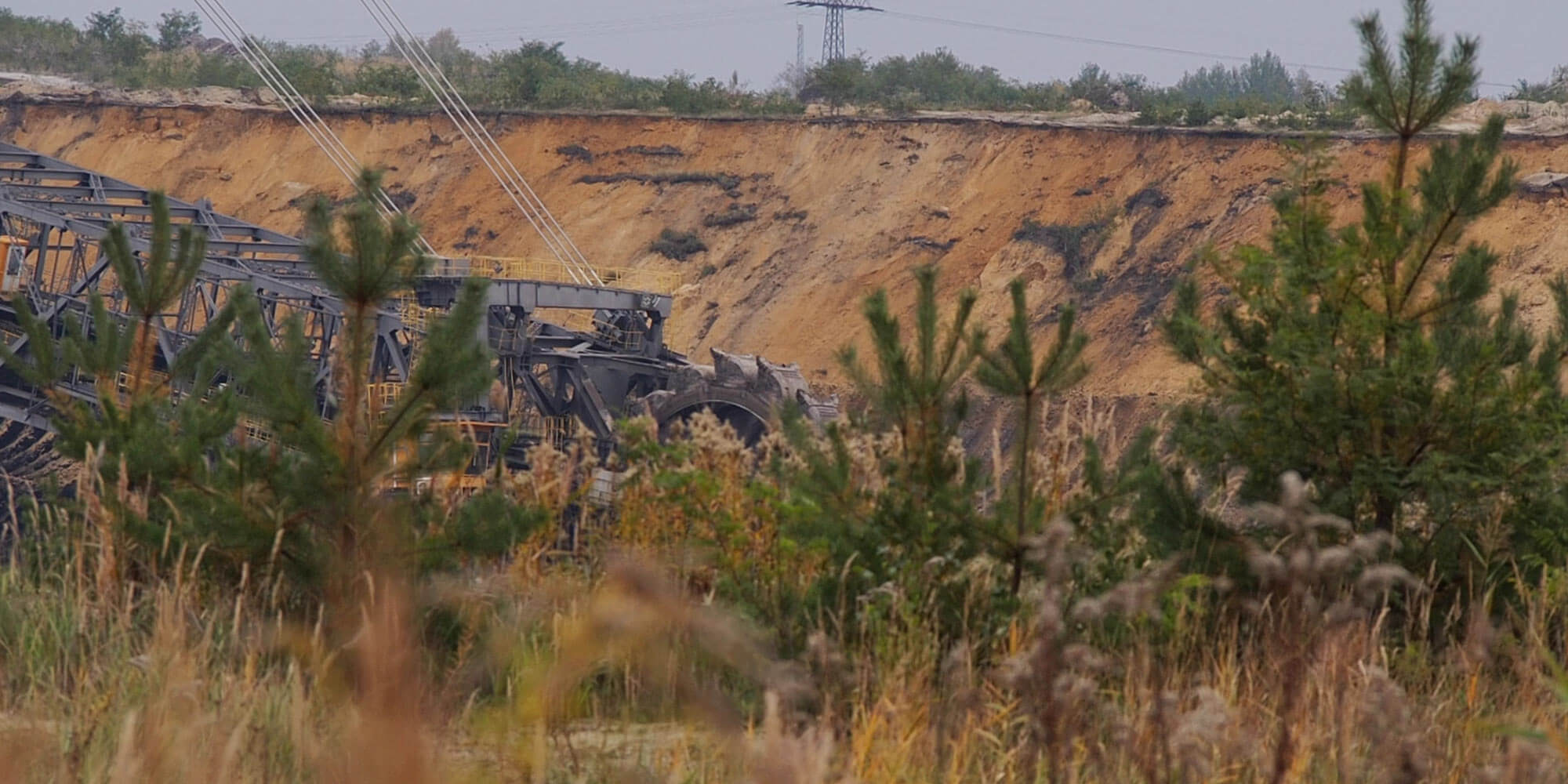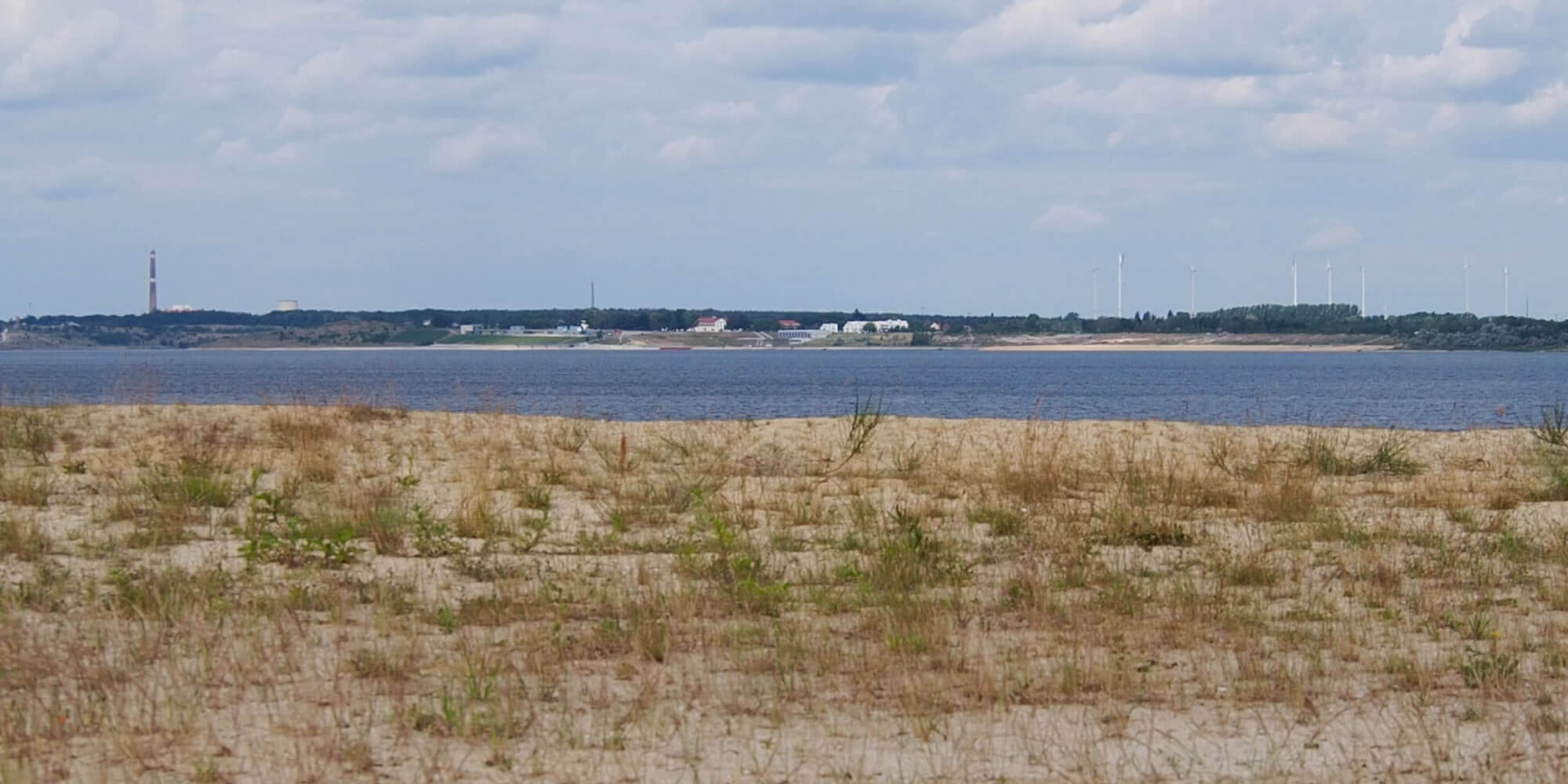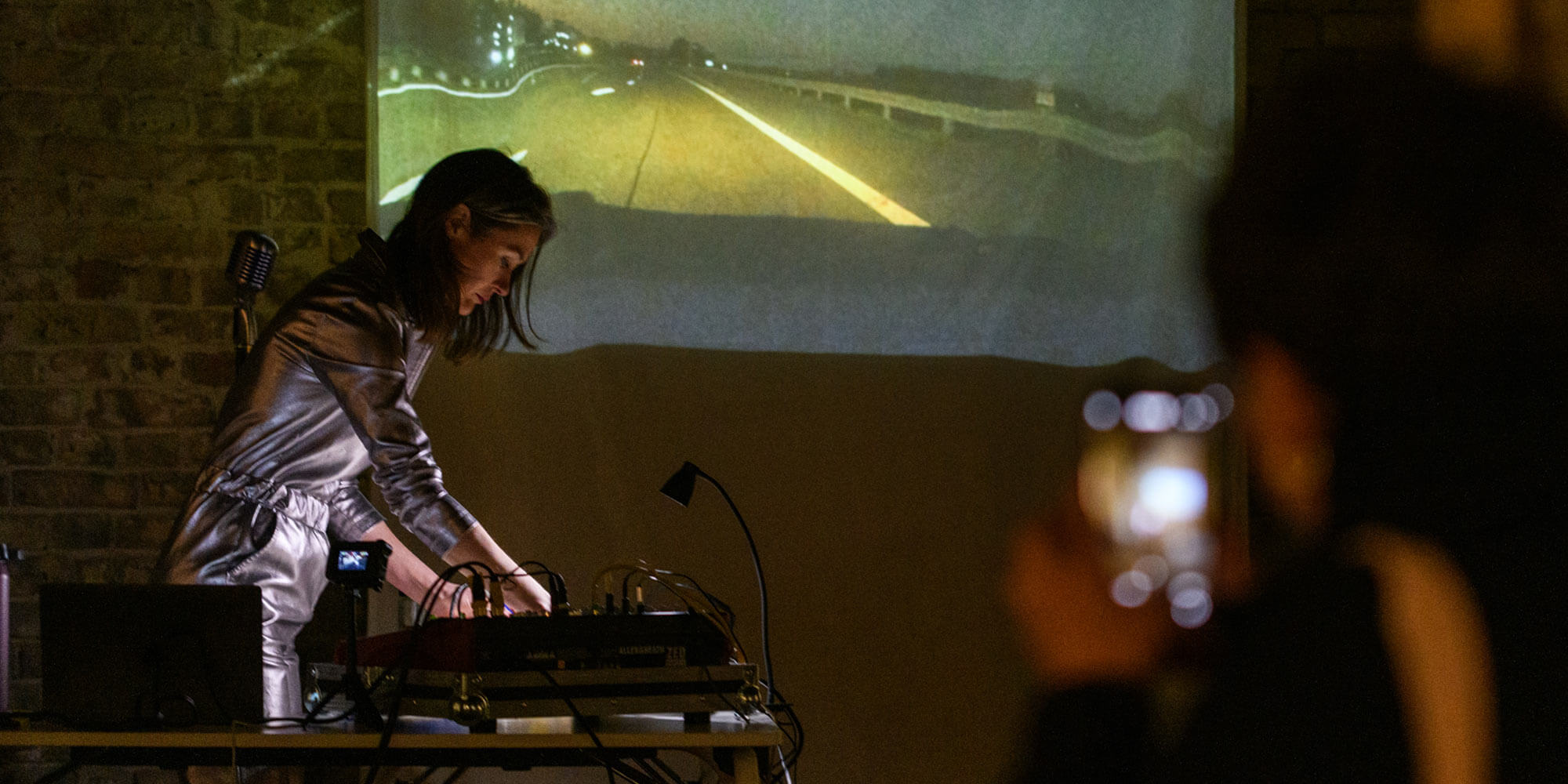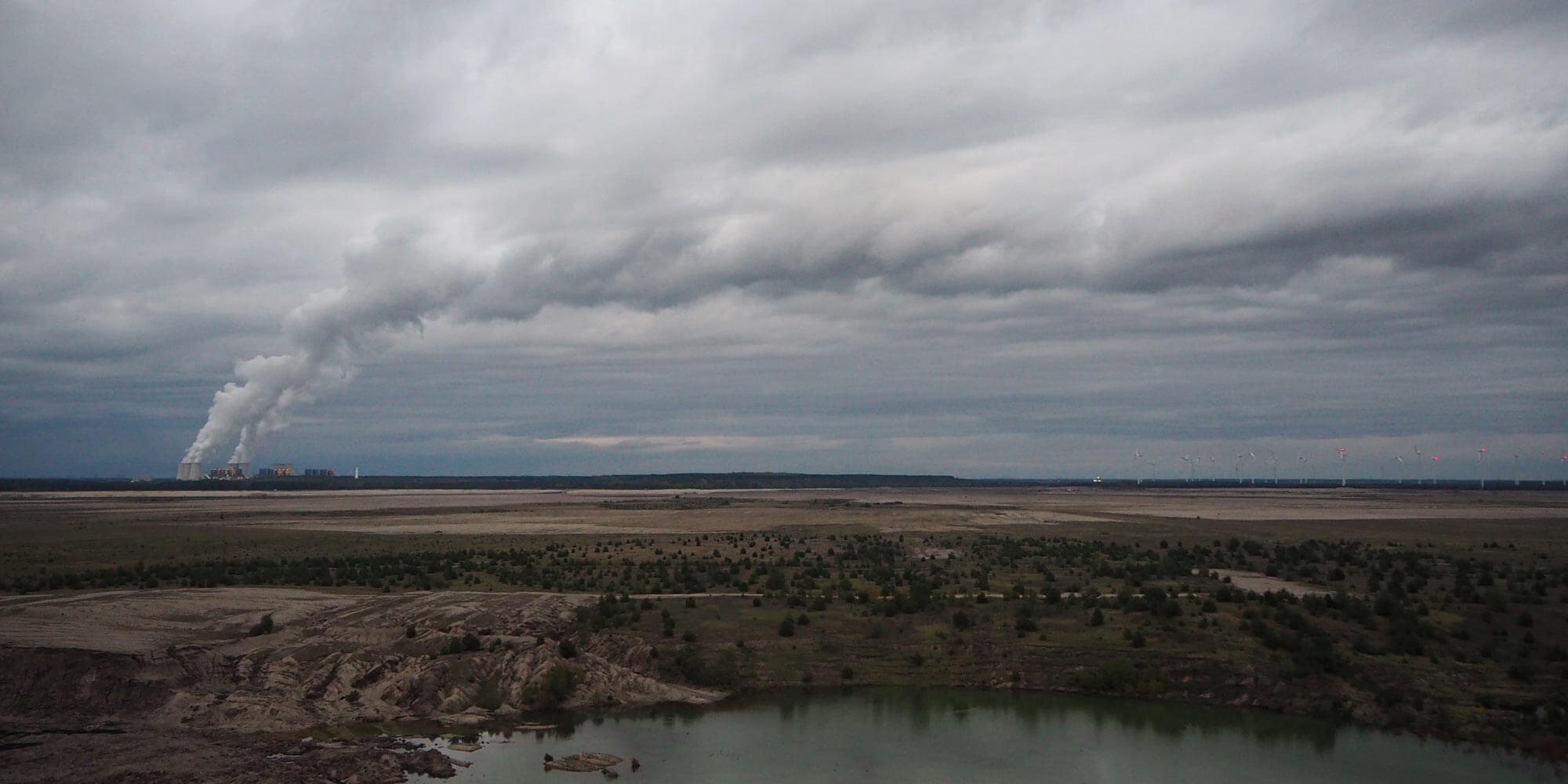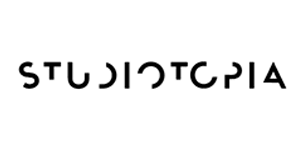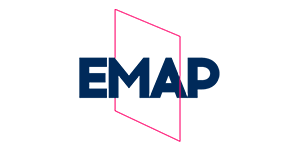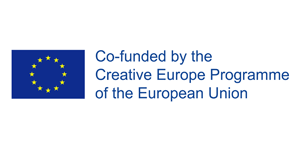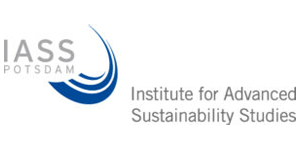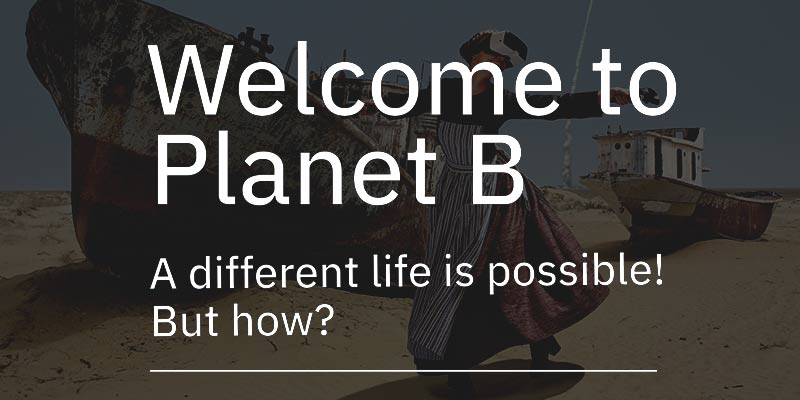This Land is Not Mine focuses on the region of Lusatia, where Germany, Poland and the Czech Republic meet and the Sorbian minority group has its home. Over the last century, the region has also become known as a site of extraction, with open cast brown coal (lignite) mines and power stations transforming the landscape, society and environment. This Land is Not Mine explores the changing identity of the ecosystem, land and peoples in a region of co-existing cultures that is undergoing fundamental changes as mining is phased out. What can be learned from this transition to a post-extractive landscape and what are its implications for living within the climate crisis and moving beyond the Anthropocene? Including contributions of sounds from residents of Lusatia, the work is realized as a 7-track experimental music album and as a 20-channel video installation with soundscape, providing vignettes of this beautiful, historical, epic and changing region.
Biography
Working from her studio in Berlin, Austen is Artist-in-Residence at the Faculty of Maths and Physical Sciences, University College London and Senior Teaching Fellow at UCL Arts and Sciences. She has held numerous residencies and fellowships including EMAP/EMARE Artist-in-Residence at WRO Art Center 2020, Studiotopia Artist hosting Scientists-in-Residence and Artist Fellow at Institute for Advanced Sustainability Studies, Potsdam. She is a Fellow of the Royal Society of Arts.
Credits
Programming and tech consultancy: Kazik Pagoda, aBe Pazos
Carpentry: Will Greensmith
Field recording contributors: Ili Os, Christina Kliem, Johannes Staemmler, John Grznich, Erik Lemke and Martin Ballaschk
Lausitzklang platform web development: Andreas Baudisch
With thanks to: Maze Tools, the Kliem family, the Serbski Institut, Am Lichtbaum Festival, Wilde Moehre Festival, Der Gelbe Wahnfried, Wendisch Museum Cottbus, Brandenburg Museum of Modern Art and DomPro
Supported by: Institute for Advanced Sustainability Studies Potsdam
This project was realised with support of the Creative Europe Culture Programme of the European Union.
